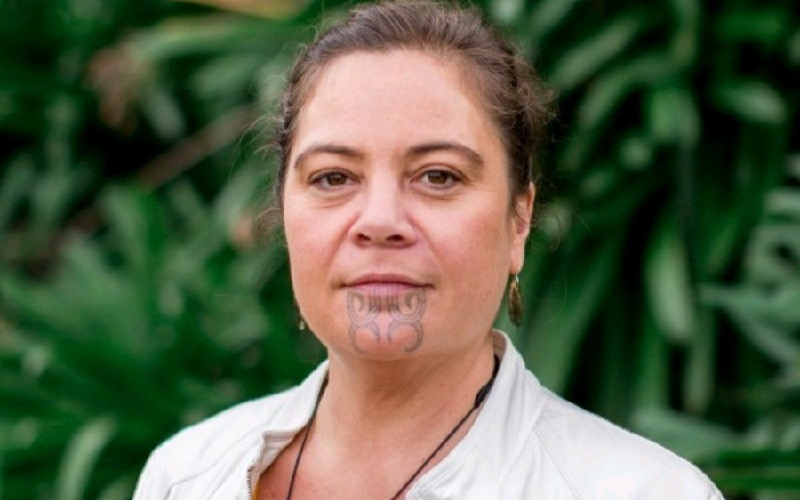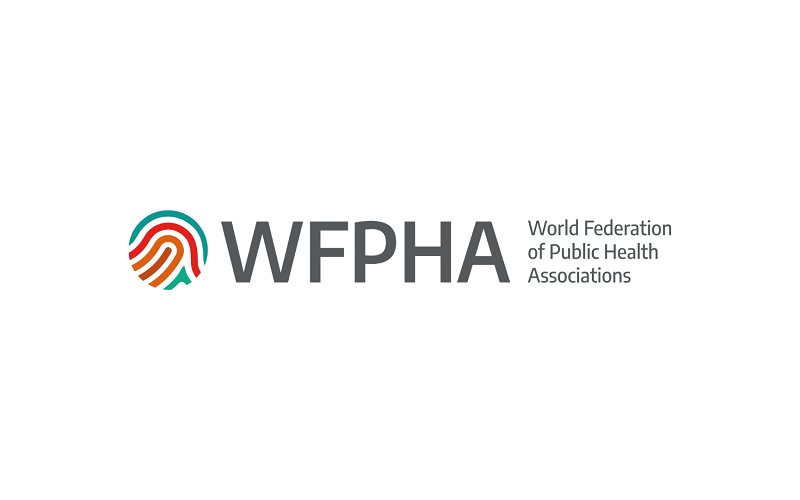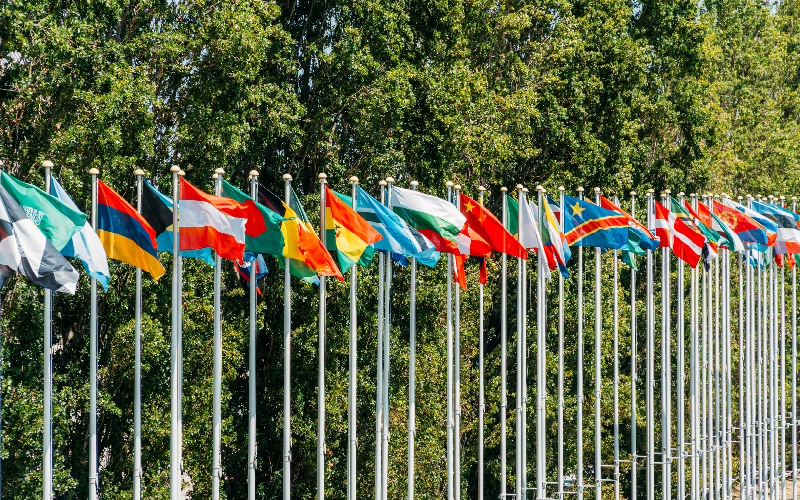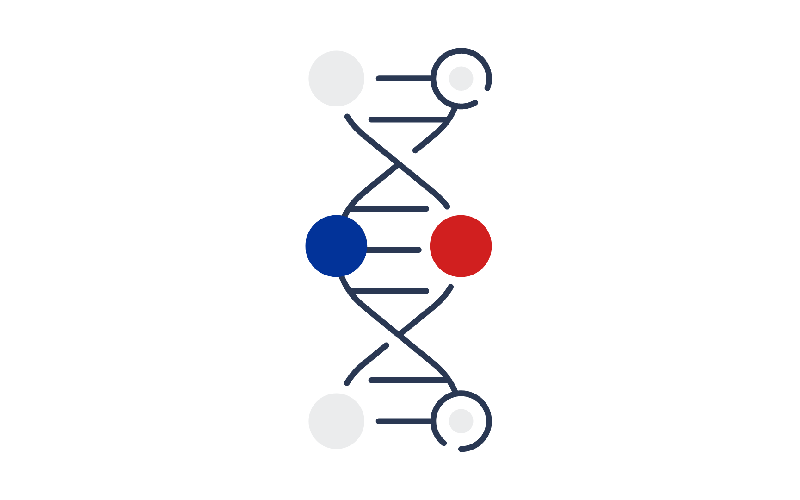The World Federation of Public Health Associations (WFPHA) organizes the High-Level Symposium on Health Policy and Personalized Medicine for Cancer: Projecting Europe-China Collaboration in the Global Arena, which is set to take place in Geneva, Switzerland, on May 26, 2023, in conjunction with the World Health Assembly.
This symposium marks an important occasion for presenting the main results of the Integrating China in the International Consortium for Personalized Medicine (IC2PerMed) project and discussing the implementation of policies and programs on personalized medicine for cancer and beyond at the national and international level.
The symposium starts with a presentation of a roadmap created by the IC2PerMed project over the past four years. The roadmap aims to promote consistent approaches to personalized medicine research, development, innovation, and policies between the People’s Republic of China and the European Union.
The symposium continues with three panels. The first panel, chaired by Bettina Borisch, Executive Director of the WFPHA, discusses how to transform the roadmap into an effective program at the national level by mobilizing funding and commitments from policymakers across various countries. This panel features world-renowned speakers from various countries, including Walter Ricciardi, President of Mission Board for Cancer of European Commission; WenYa Wang, Tsinghua University; Ricardo Baptista-Leite, former member of the Portuguese Parliament and Chief Executive Officer of I-DAIR; and Carlos Gadelha, Secretary of Science, Technology, and Innovation of the Brazilian Ministry of Health.
The second panel, chaired by Stefania Boccia, Professor of Hygiene, Preventive Medicine, and Public Health at the Università Cattolica del Sacro Cuore in Rome, focuses on data, access, accountability, and innovation. The panel features influential speakers from the health industry, big data, and innovation sectors, including Ejner Moltzen, ICPerMed Coordinator; Denis Horgan, Director of the European Alliance for Personalised Medicine; and Zisis Kozlakidis, Head of Laboratory Support, Biobanking, and Services at the International Agency for Research on Cancer (IARC), just to name a few.
The third panel, chaired by Walter Ricciardi, President of Mission Board for Cancer of European Commission, focuses on the empowerment of health professionals. This panel brings together experts who are well-versed in the challenges and opportunities for implementing personalized medicine programs in the healthcare sector. High-level speakers from the main health-related non-governmental organizations, including Howard Catton, Chief Executive Officer of the International Council of Nurses; Otmar Kloiber, Secretary General of the World Medical Association; Cary Adams, Chief Executive Officer of the Union for International Cancer Control; and Ronald Lavater, Chief Executive Officer of the International Hospital Federation, confirmed their participation at this panel.
This symposium represents a milestone in the harmonization and implementation of effective approaches to personalized medicine, creating common ground for the wider implementation of personalized medicine globally.







Recent Comments